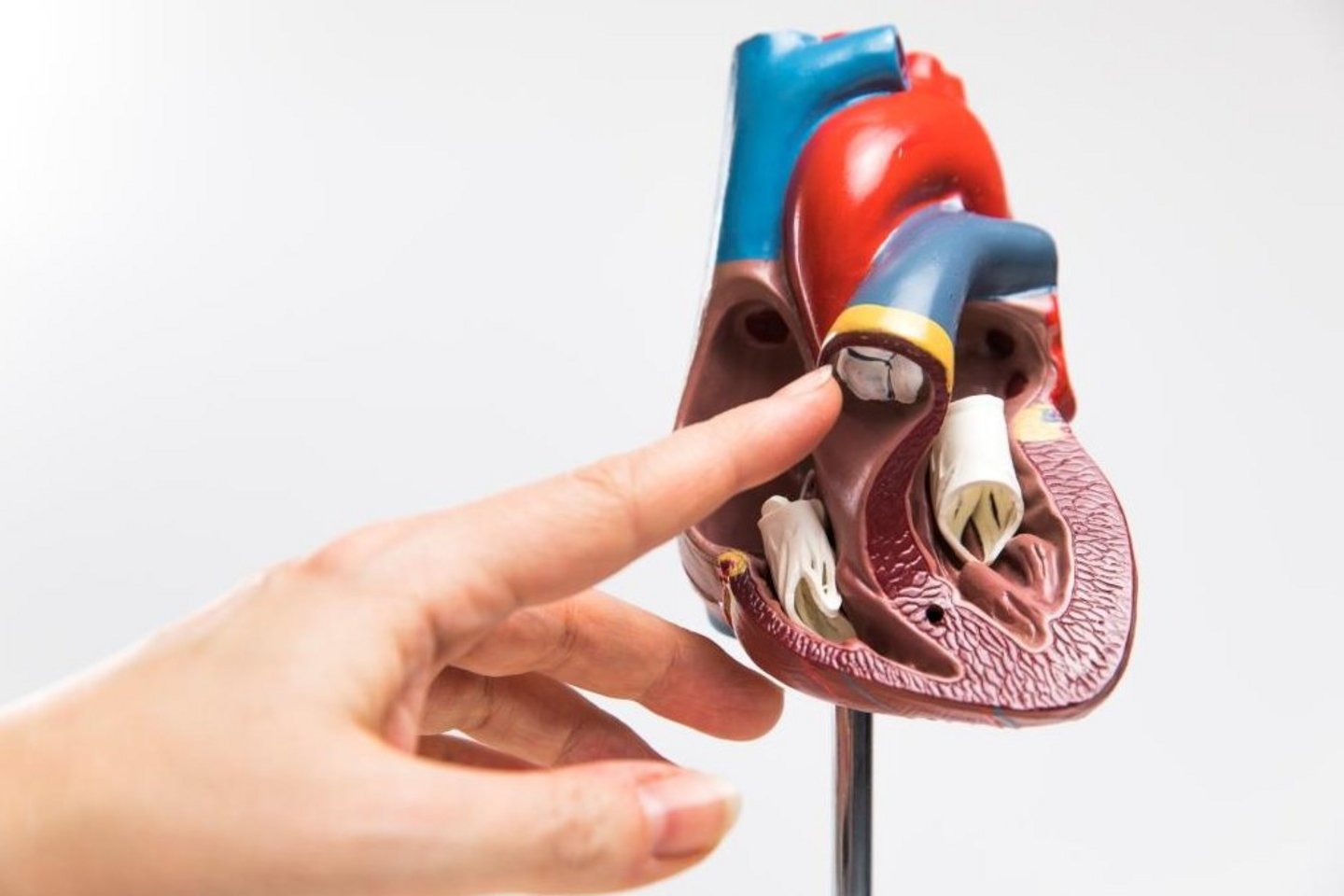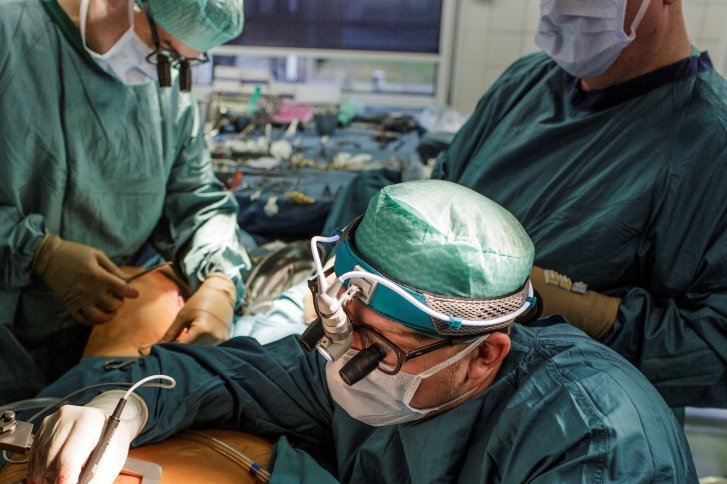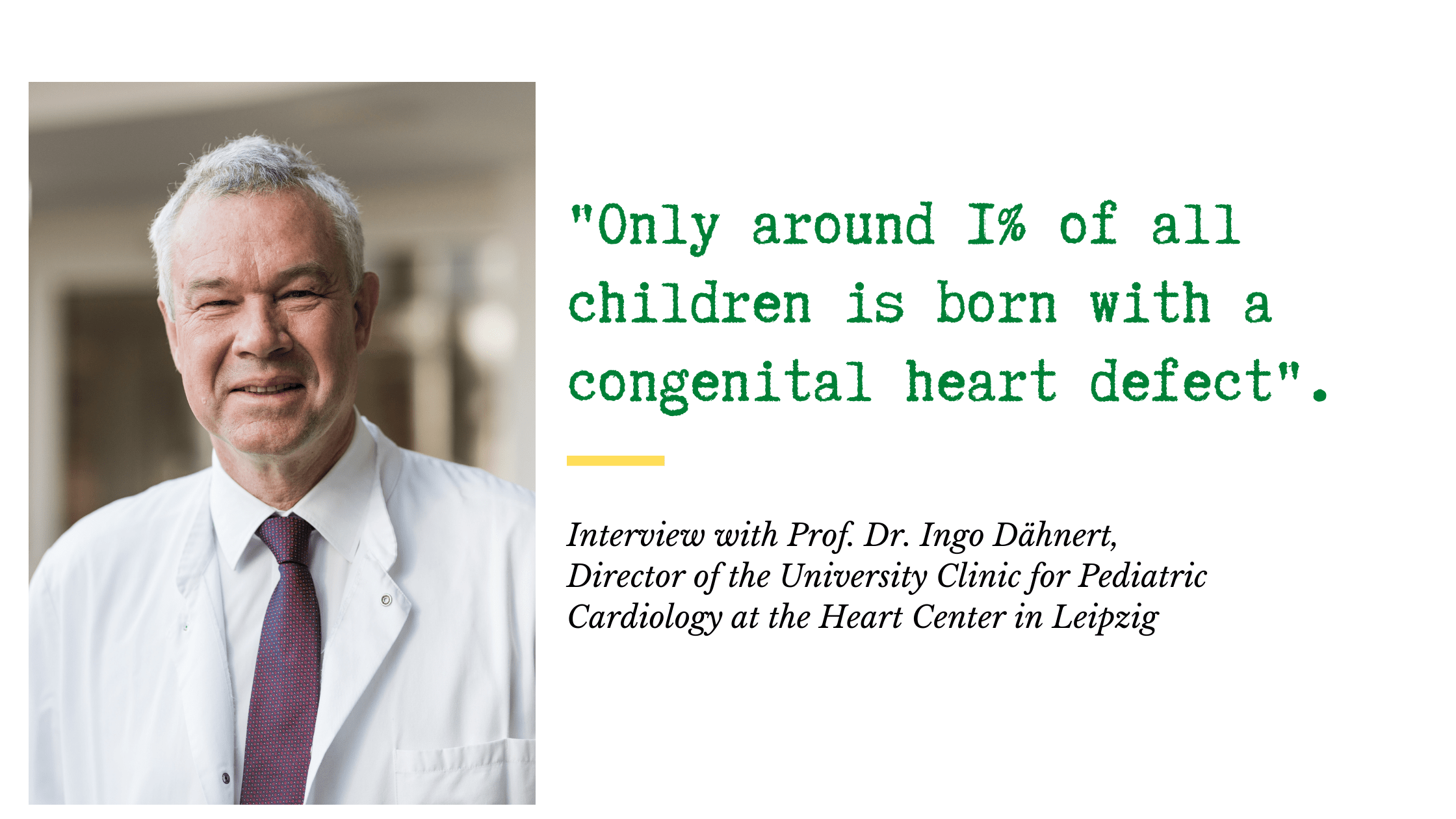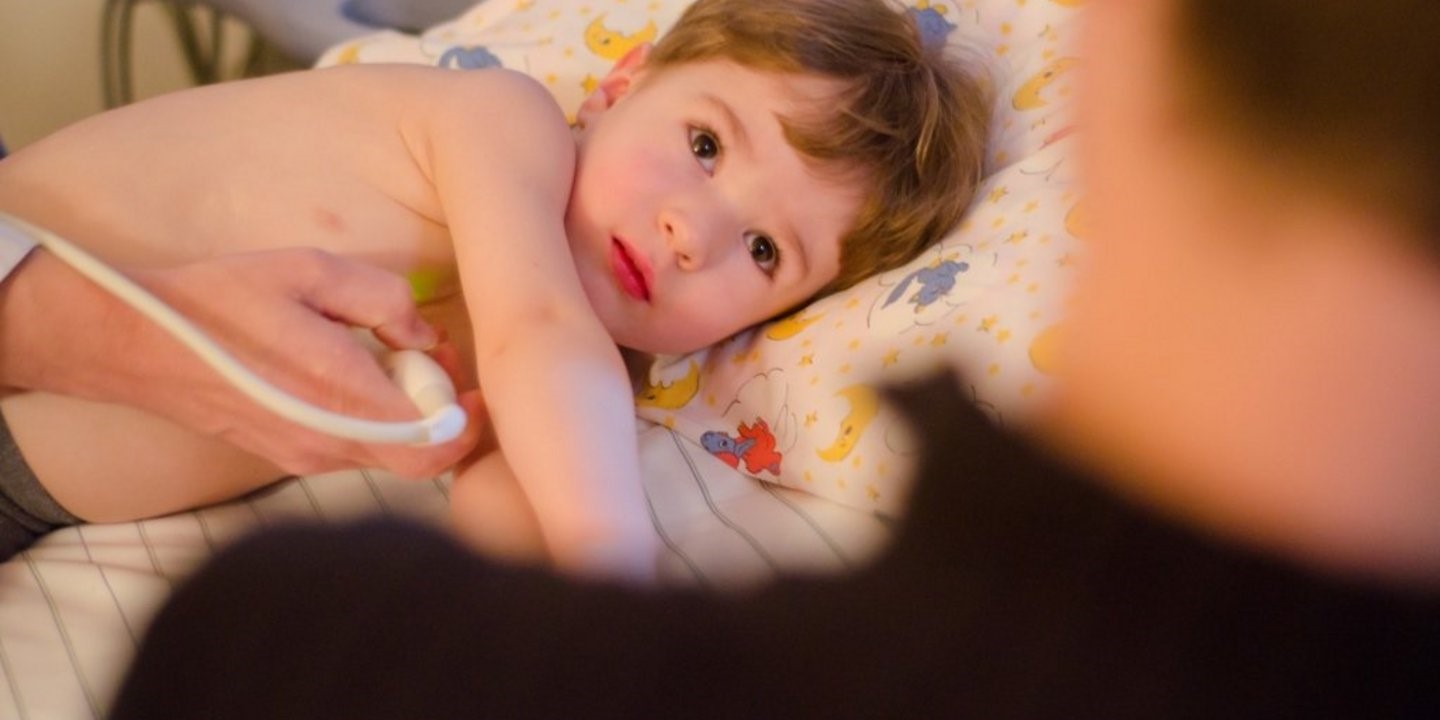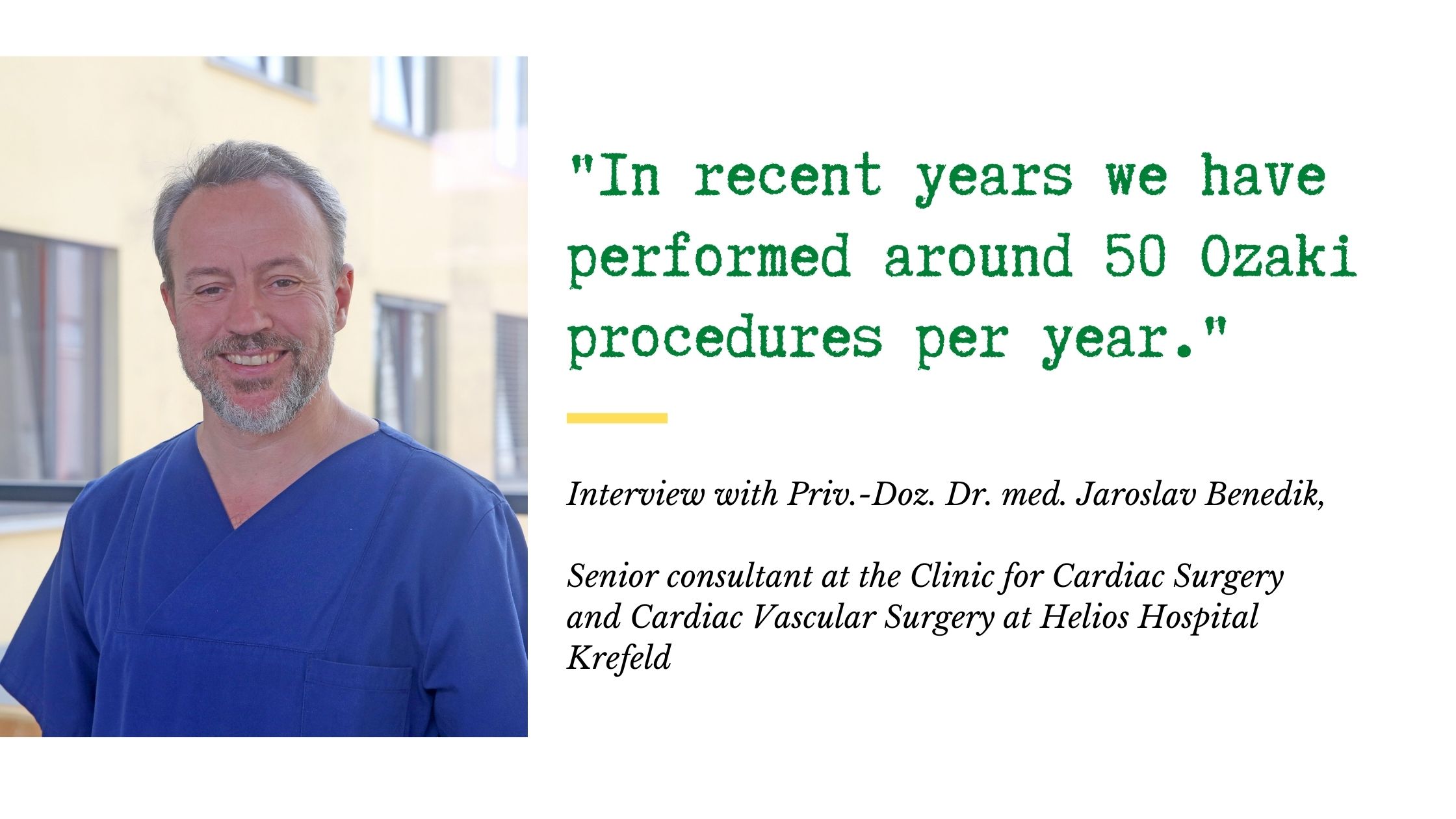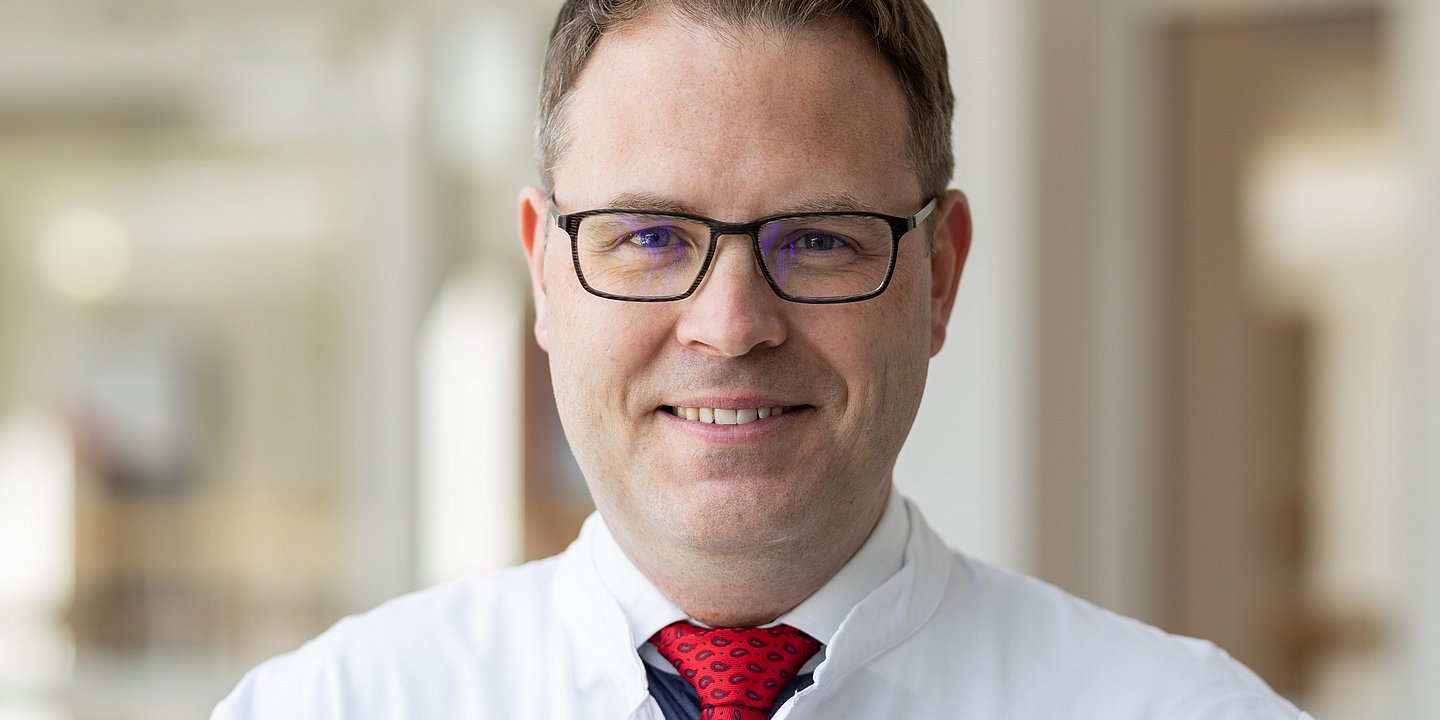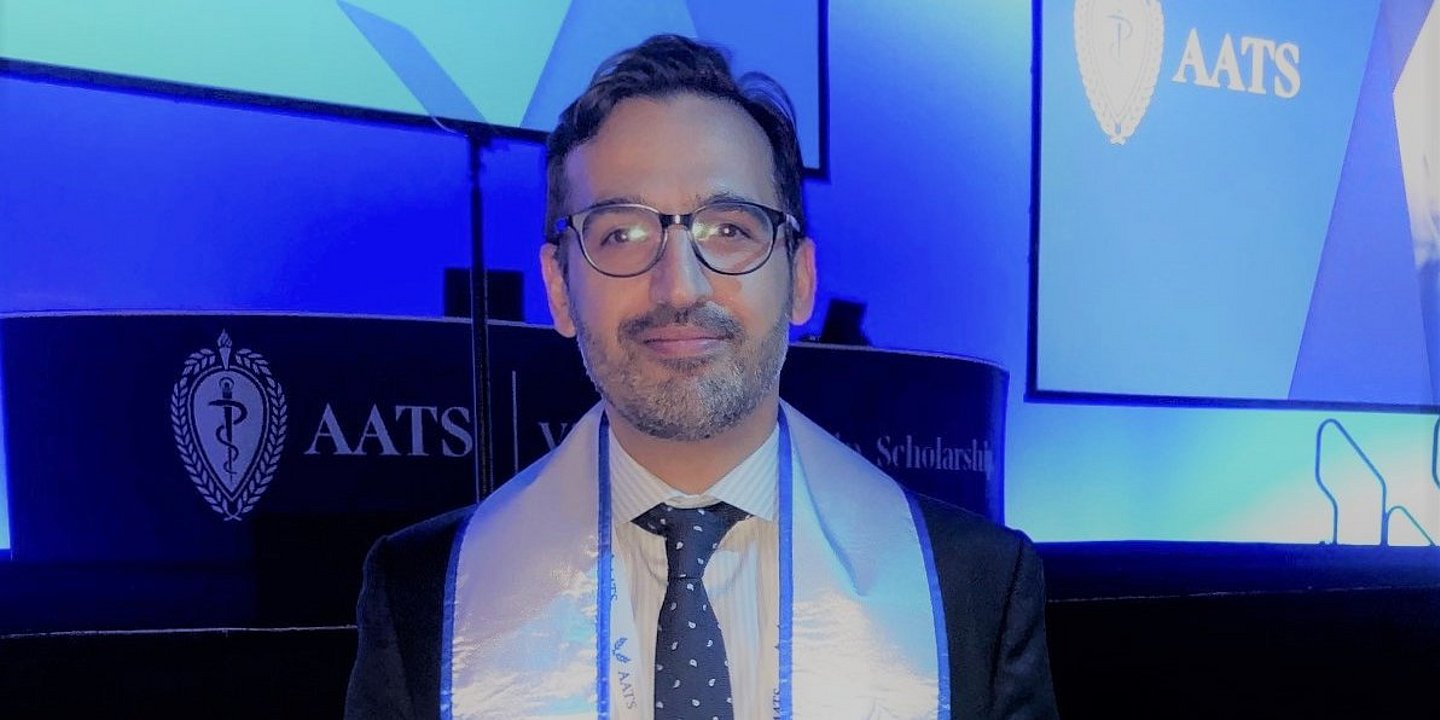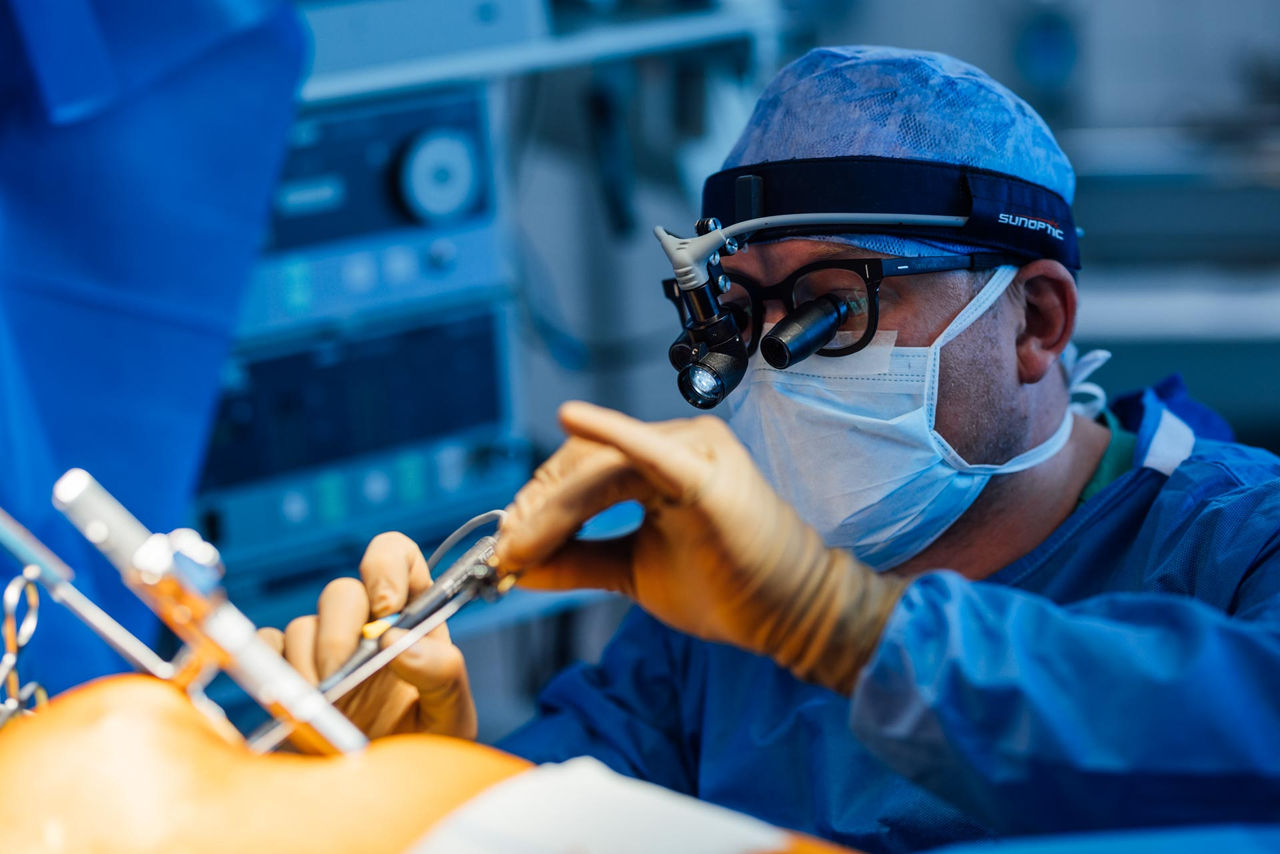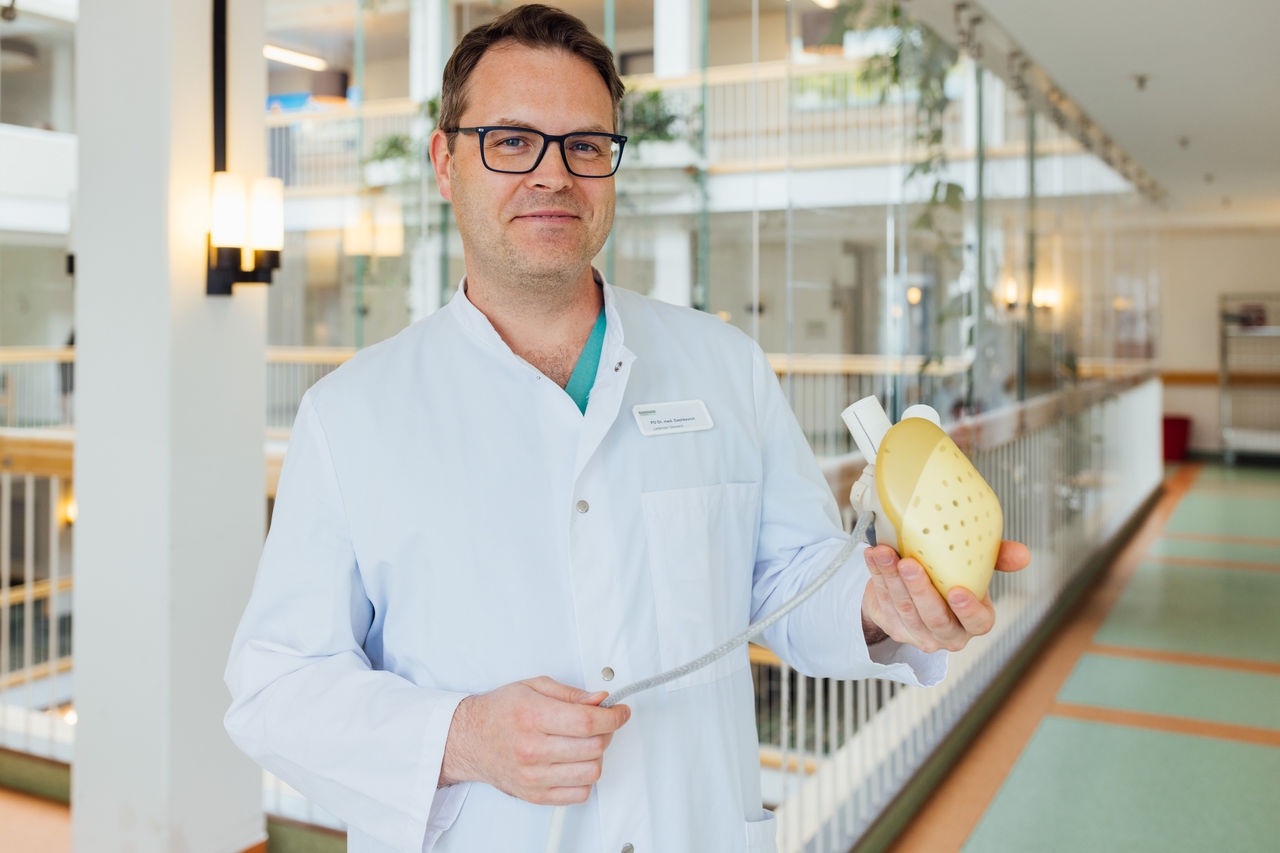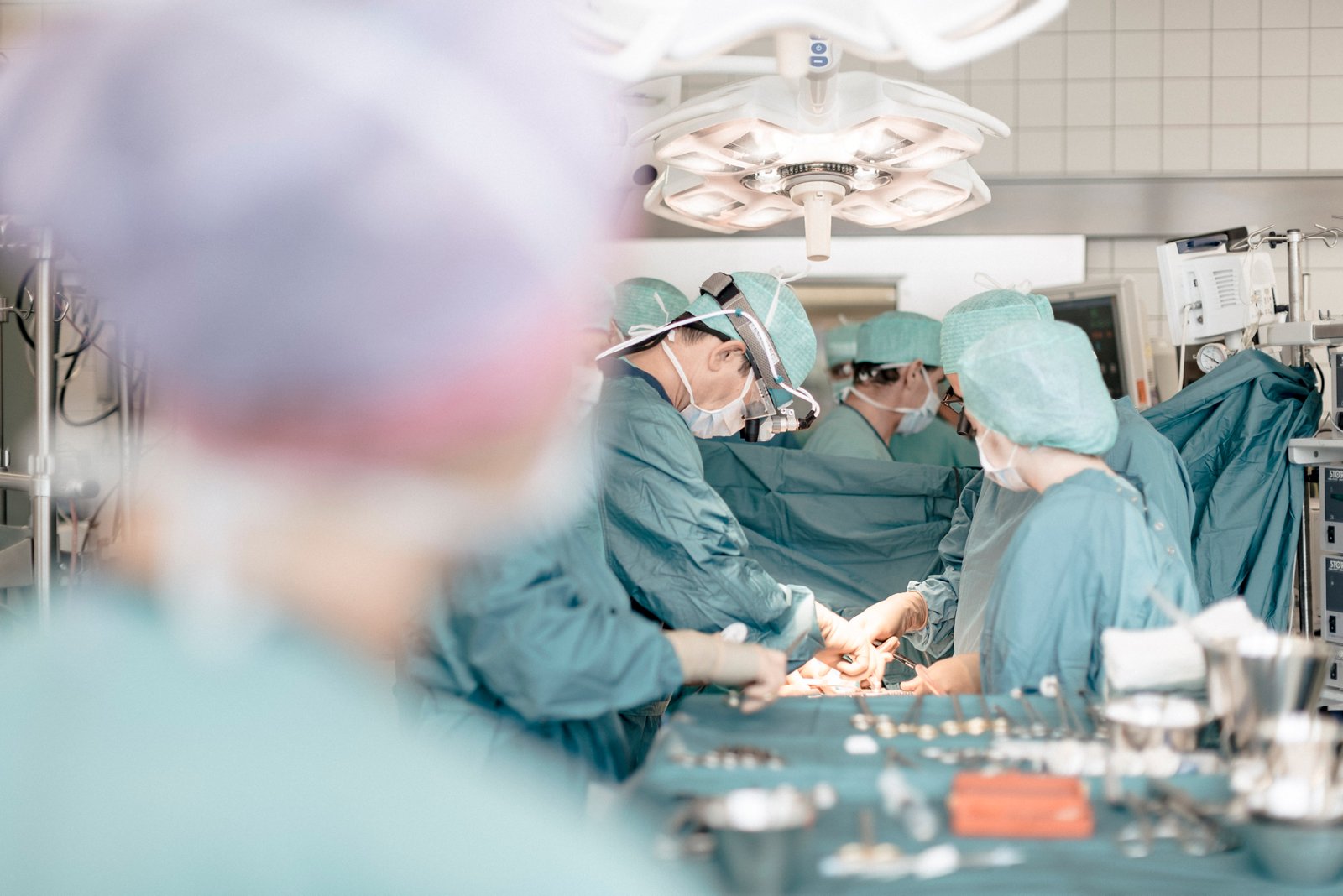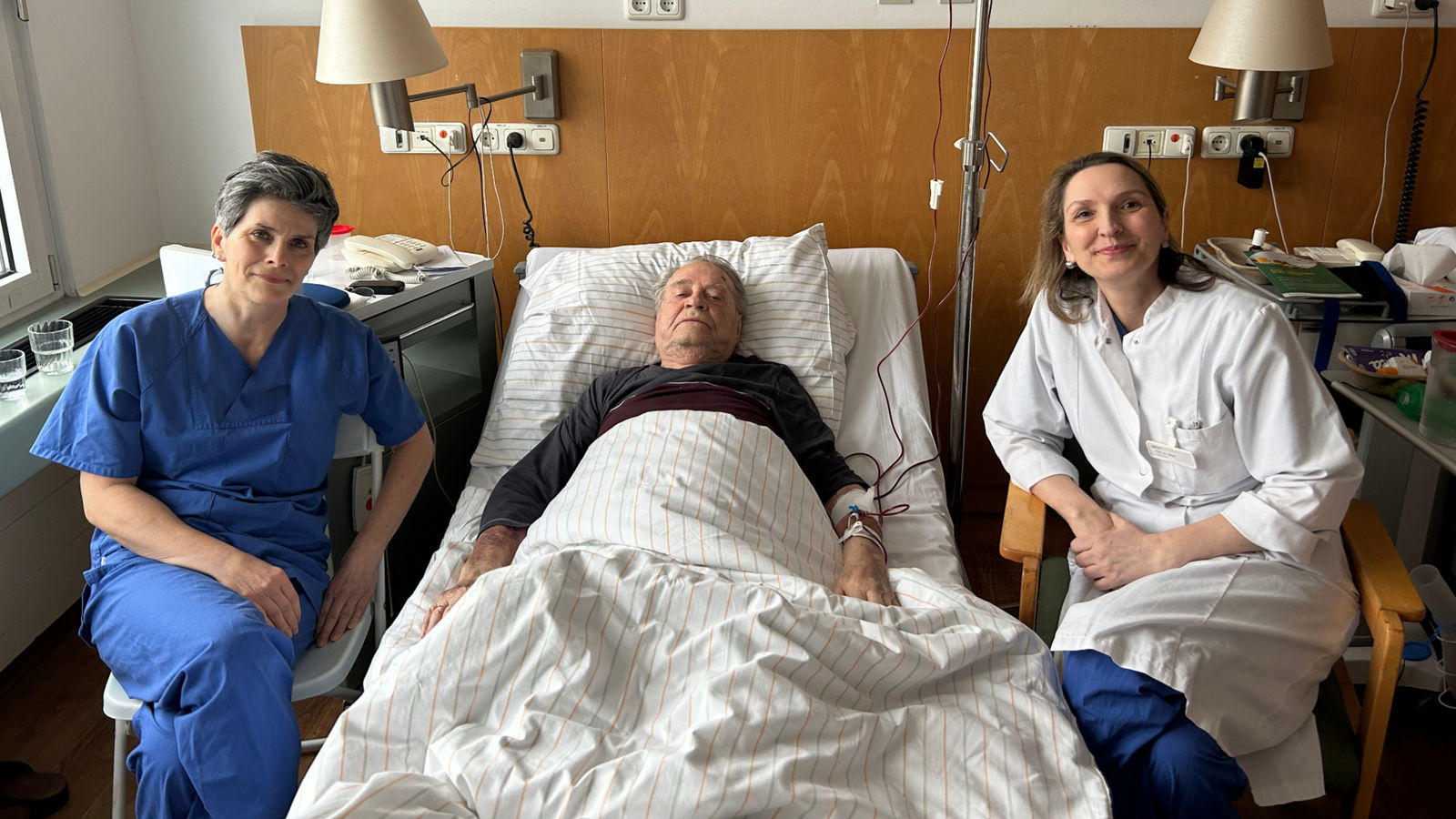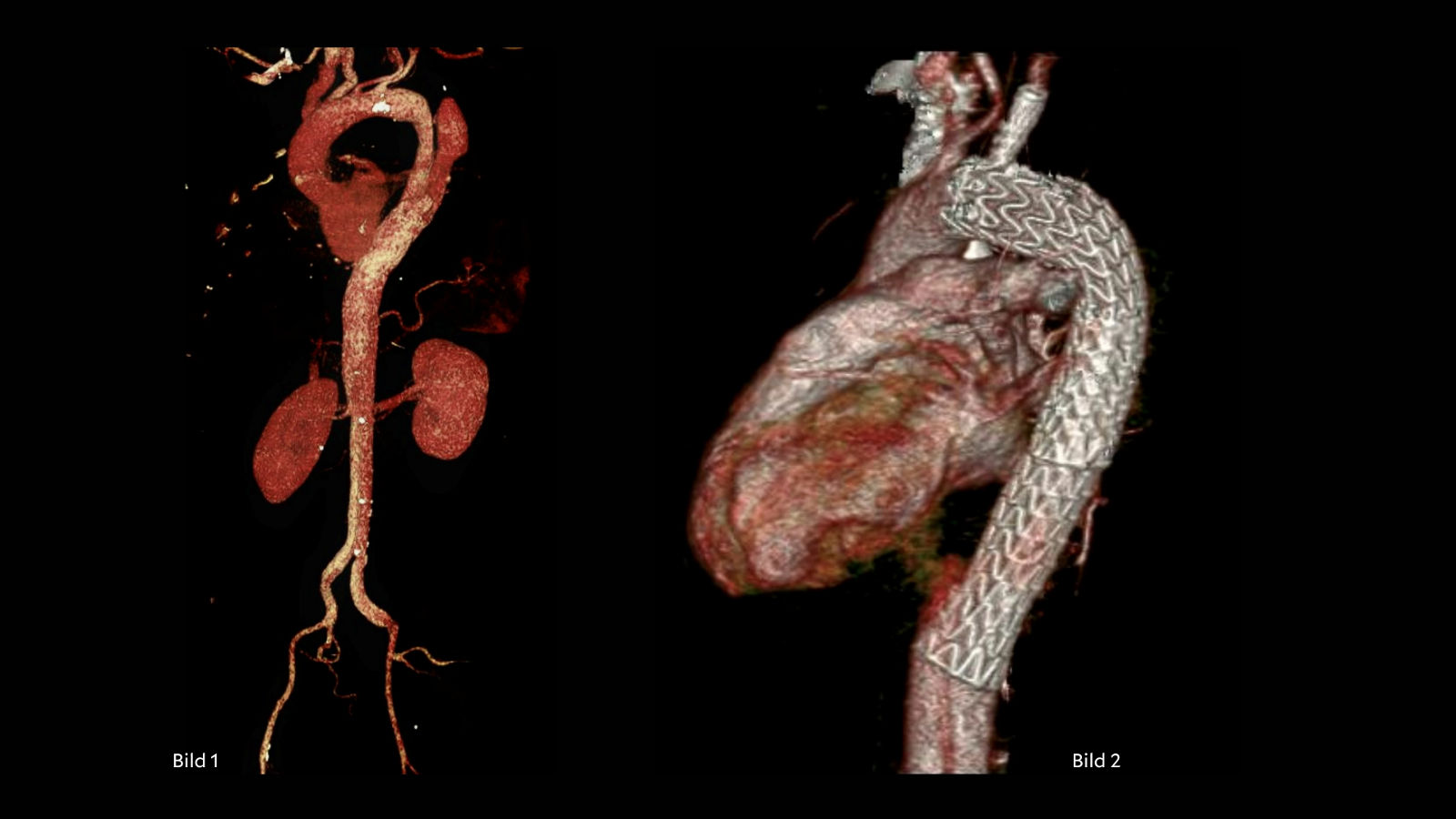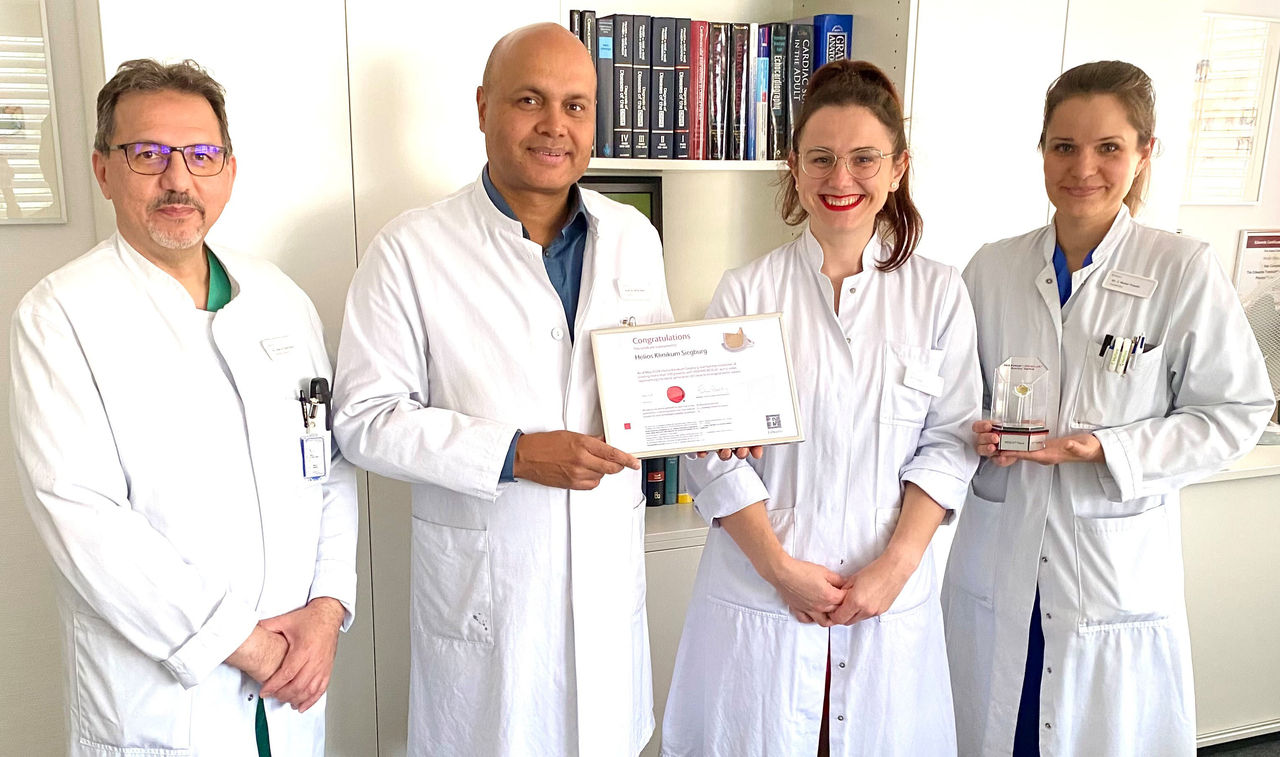
Award for the Cardiac Surgery Clinic at Helios Hospital Siegburg
The colleagues in the Cardiac Surgery department led by Head Physician Prof. Dr. Mirko Doss have implanted 500 special bioprostheses in recent months and have now received an award from the manufacturer.
The prosthesis is used in operations on the heart valve. It is one of the most modern biological heart valves currently available on the market and we are one of the few clinics in Germany with such extensive experience in the use of this heart valve. The bioprosthesis has particularly great advantages for patients. Firstly, it is equipped with a special preparation for a subsequent TAVI procedure on the heart. This involves the catheter-based treatment of a narrowing of the aortic valve. In addition, it is particularly resistant to calcification (thanks to a special anti-calcification process) on the valve leaflets and therefore has a very long service life.
Modern treatment methods with mostly low surgical risk
In most cases, heart valve diseases can now be treated surgically with a low surgical risk. The focus is on preserving the body's own valve.
Heart valves are one-way valves that ensure a directed blood flow within the heart. Diseases of the valves can manifest themselves in a narrowing (stenosis) or an inability to close (insufficiency). Both types of valve defect lead in various ways to an increased pumping load on the heart, which can result in increasing pumping weakness. Signs of this are shortness of breath under stress or at rest due to blood backing up into the lungs, as well as water retention (edema), particularly in the lower legs. Ultimately, reduced blood flow can lead to damage to other organs, especially the kidneys.
Heart valve surgery
In most cases, heart valve diseases can now be treated surgically with a low surgical risk. Whenever possible, we strive to preserve the body's own valve through reconstruction (so-called repair). This applies in particular to valves that are unable to close (insufficiency). Constricted (stenotic) valves, on the other hand, cannot usually be preserved due to extensive destruction of the valve leaflets through calcification or adhesions and require replacement with a prosthesis.
Biological prostheses
Biological prostheses have sails made of animal material, usually from cattle or pigs. The sails are usually sewn into a framework that gives the prosthesis its shape. Their durability is limited, with current models lasting around 12 to 15 years. Their advantage is that they do not inhibit blood clotting with medication (Marcumar), or only for a limited period of time. According to German and European guidelines, biological valve prostheses are recommended for patients over the age of 65.
Read more:
-
More about Helios Hospital Siegburg
-
More about Prof. Dr. med. Mirko Doss
Do you need more information about Helios Hospitals or do you want to schedule your treatment?
Please contact our Helios International Office. We will gladly advise you!


